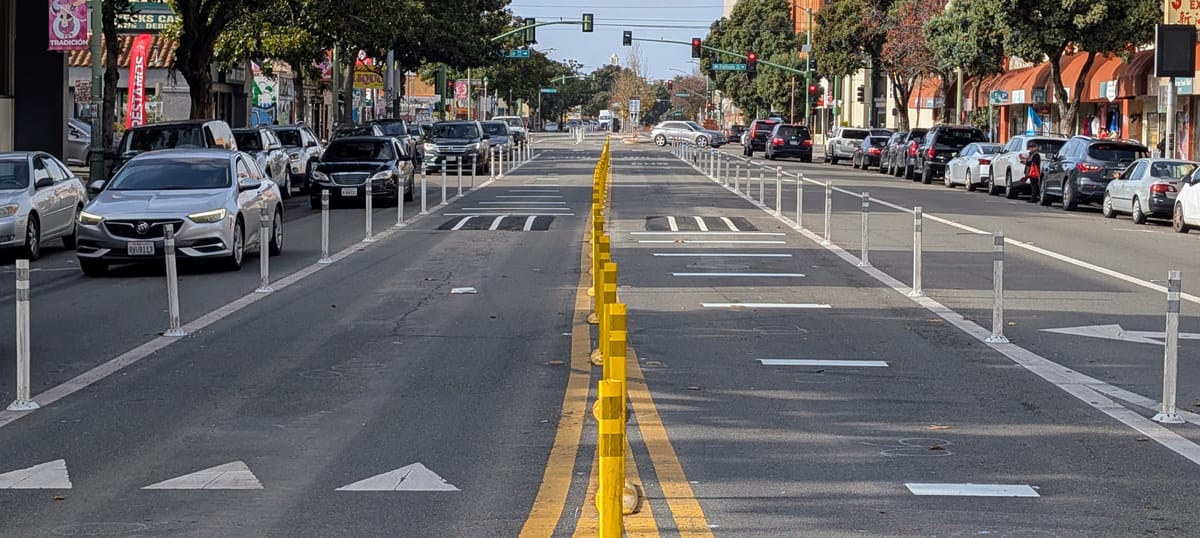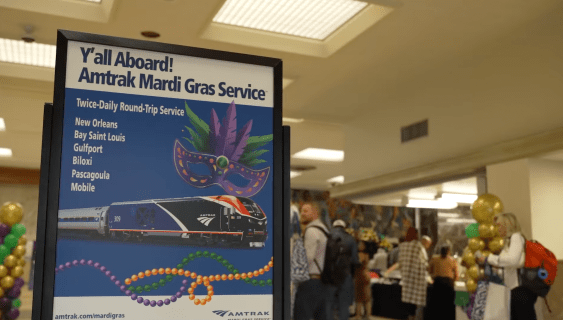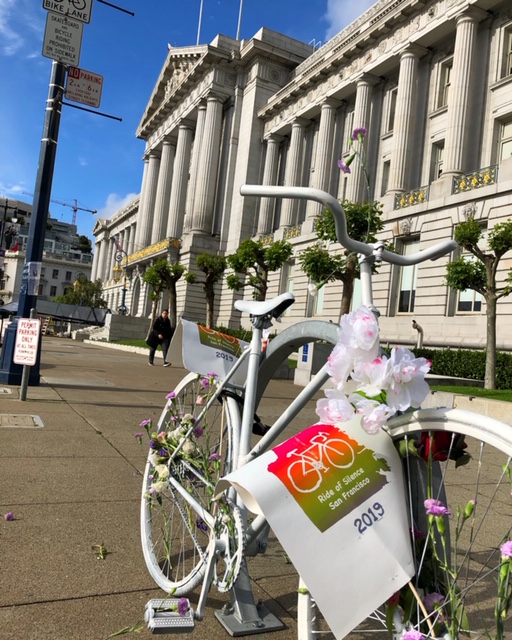 Sacramento sprawl swallowing farm land
Sacramento sprawl swallowing farm landIt's a good day to talk about the costs of car ownership on individuals and families and the need to integrate transportation and land use planning regionally.
The New York Times Wheels blog today has posted a piece that tries to quantify the costs of car ownership and it is garnering spirited feedback. As we've reported here in a story about the merits of car-sharing, transportation costs as reported by the Bureau of Labor Statistics are the second largest spending block behind home ownership, at nearly $9,000 annually.
From the post:
American “consumer units” (similar to a household) spent an average of $8,758 on all forms of transportation in 2007 (up 2.9 percent from 2006). In 2007, a statistically average household, with an annual pre-tax family income of $63,091 and 1.9 vehicles, spent more on transportation than it did on clothing, health care and entertainment combined ($7,432).
While we understand that health care reform is going to dominate much of President Obama's first term, given transportation costs, swelling VMT, and the need to address climate change, we hope he will give considerable support to USDOT Sectretary Ray LaHood's good initiatives, like the one he just announced with HUD Secretary Shaun Donovan to marry transportation and land use funding for support of transit-oriented development and environmentally sustainable and affordable housing under the aegis of strong regional planning.
The DOT and HUD will form a task force to "enhance integrated regional housing, transportation, and land use planning and investment. The task force will set a goal to have every major metropolitan area in the country conduct integrated housing, transportation, and land use planning and investment in the next four years." The DOT will encourage regional MPOs to conduct integrated planning in their long-term transportation plans.
MTC spokesperson Randy Rentschler said the initiative wouldn't add a burden to their existing work and that they already have a HUD representative on the commission. "I'm very confident that we're way ahead of the rest of the nation," he said. "When you're a Californian and you go tell others that they should do
like we do in California, it turns people off. I think we as Californians can be
tone-deaf to that. In this case they are really listening. This is the federal government doing something like we do in California and applying it nationwide."
LaHood and Donovan will face resistance from lawmakers in states where density has never been a priority and private automobiles are the primary transportation option. If the comments of one congressman at today's Livable Communities and Transit Oriented Development hearing of the House Appropriations Committee (sorry, listening online and missed his name) are any indication, the road will be long and winding.
A self-identified former farmer from the heartland, he suggested that Secretaries Donovan and LaHood speak to farmers about how their program could deprive them of the funding needed to keep those roads paved, or "we'll end up a third-world country riding around on our bicycles."
Flickr photo: Uncle Kick Kack




